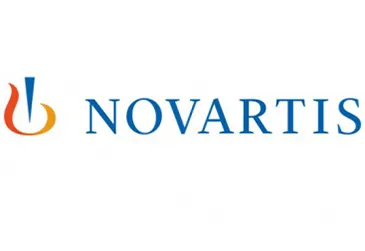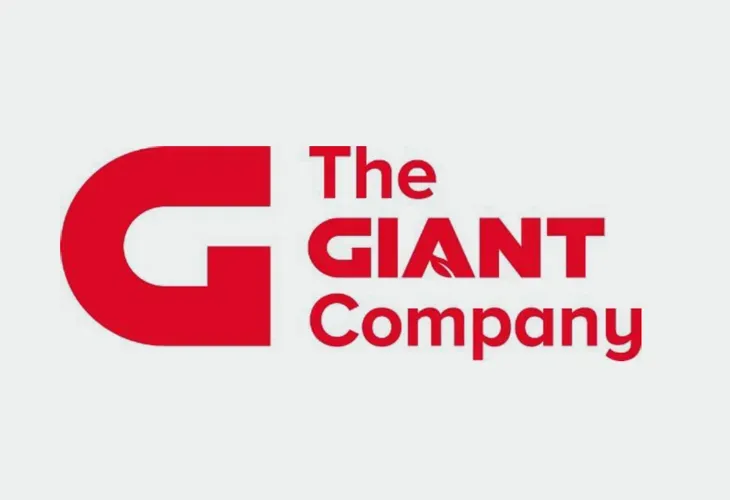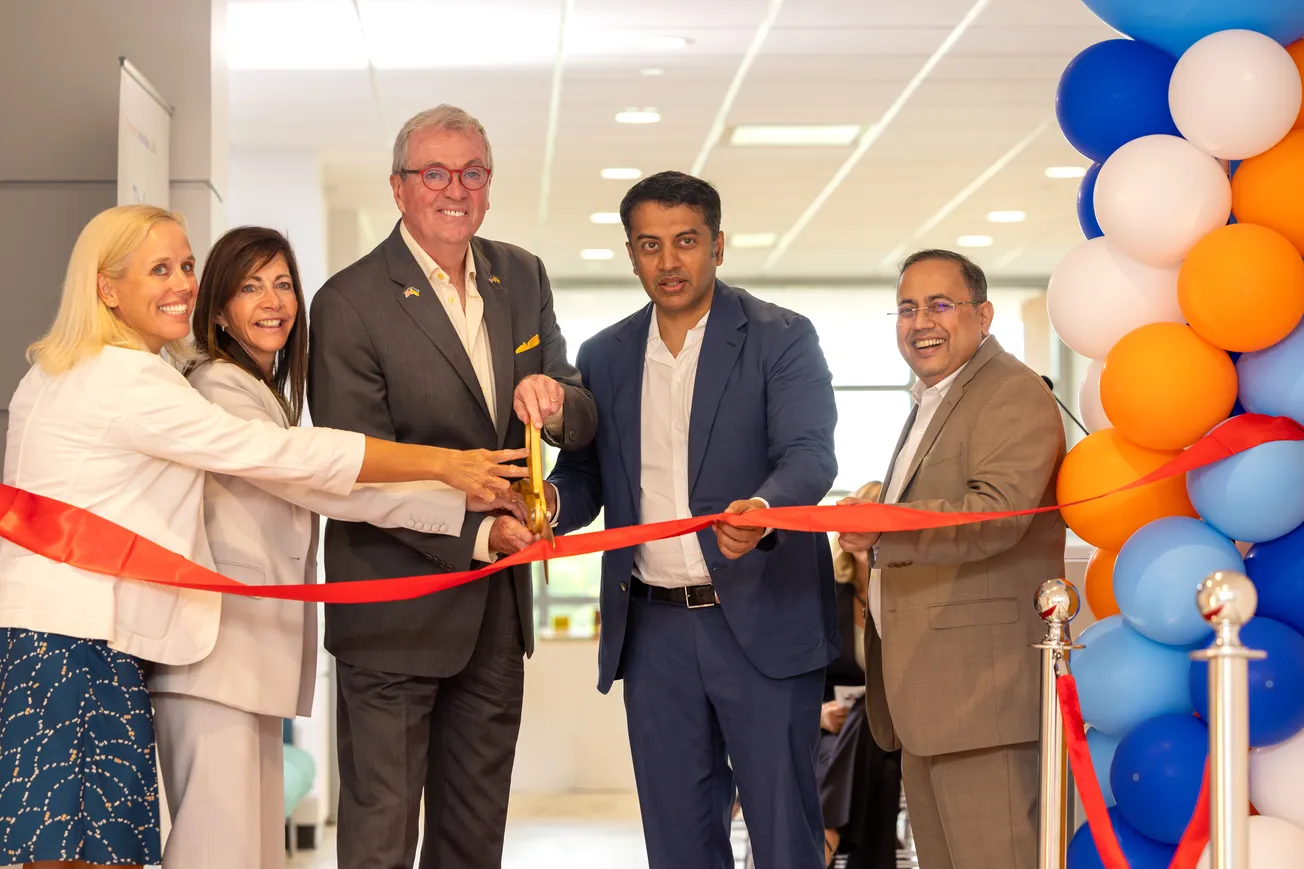EAST HANOVER, N.J. — Novartis announced that the U.S. Food and Drug Administration (FDA) has approved Gilenya (fingolimod) for the treatment of children and adolescents 10 to less than 18 years of age with relapsing forms of multiple sclerosis, making it the first disease-modifying therapy indicated for these patients

.
This approval expands the age range for Gilenya, which was previously approved for patients aged 18 years and older with RMS. Gilenya was granted Breakthrough Therapy designation by the FDA in December of 2017 for this pediatric indication.
“We now finally have an FDA-approved treatment for children and adolescents with relapsing MS,” said Dr. Brenda Banwell, chief of the division of Neurology at Children’s Hospital of Philadelphia, who served as co-principal investigator of the pivotal study that supported the pediatric approval. “Repeated relapses are more common in young people with MS than in adults, so this is heartening news for patients and their families.”
While MS is mostly diagnosed in adults, children and adolescents with the chronic disease often experience more frequent relapses and brain lesions than adults with MS.
“We have eagerly anticipated a proven treatment option for younger people living with MS,” said Elin Phillips, President, Pediatric Multiple Sclerosis Alliance. “Until now, there have been no large clinical trials to assess treatment efficacy of disease-modifying therapies in children and adolescents. On behalf of the pediatric community, we would also like to thank the families and the clinical trial patients who made this progress possible.”
The approval of Gilenya for the younger patient population was supported by Paradigms, a double-blind, randomized, multi-center Phase III safety and efficacy study of fingolimod vs. interferon beta-1a, designed specifically for children and adolescents with RMS. The primary endpoint demonstrated that fingolimod reduced the rate of relapses (annualized relapse rate) by approximately 82% (p <0.001) over a period of up to two years compared to interferon beta-1a intramuscular injections in children and adolescents (ages 10 and older) with relapsing MS2. The safety profile of Gilenya in this study was overall consistent with that seen in previous clinical trials in adults2. In this study, while more adverse events (AEs) were reported in the interferon beta-1a group, severe AEs were reported at a higher frequency in fingolimod-treated patients2.
“After becoming the first approved oral MS therapy in the US in 2010, we’re proud this new approval represents another first for Gilenya,” said Fabrice Chouraqui, U.S. president of Novartis Pharmaceuticals Corporation. “It is the latest achievement in our ongoing commitment to drive innovation in MS and bring additional treatment options to more patients, including young people with MS.”







